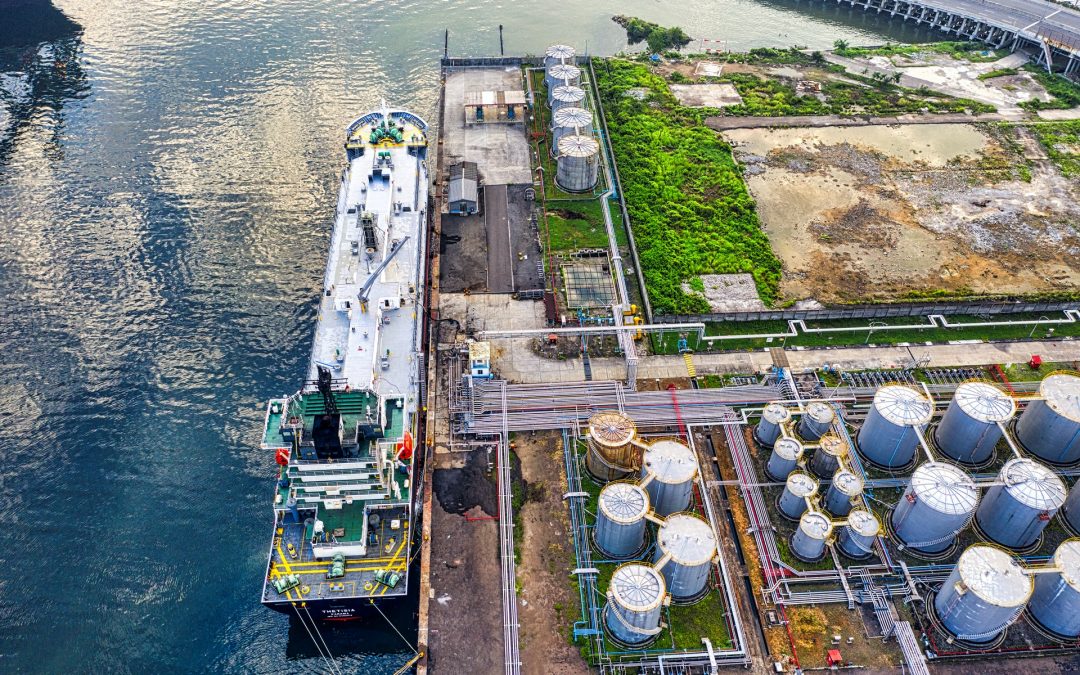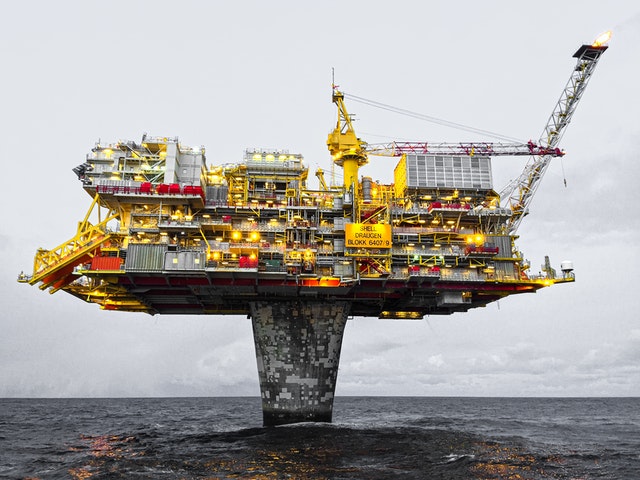Oil and gas have been some of the most dominant yet prominent substances that help the system work in many ways. IEA NZE concurs that there is enough oil in the existing Discovery it can meet the future oil demands if the world gets into a 2℃ pathway.
Relevance of exploration
oil and gas exploration is still playing a significant role in the upstream. The exploration can deliver the new resources that the supplies stack, can lower the cost and be less carbon-intensive than the resources existing now. The demand will be more Resilient through the transition of the focus on exploration towards gas if it will be progressively shifted. There are still many oil and gas products that can hold up the demands for up to some years. If the case is reversed, you want some exploration to find new resources that can help if there is a decline in the natural production of existing fields.
The commitment of majors
A decade ago, the exploration convention was the centre for portfolio growth and renewal. But they are spending a lot less on exploration recently. The majors unitedly spent an average of 16 billion US dollars every year for exploration and appraisal purposes in 2011- 2015. There is a different level of commitment among these majors that we are noticing for the first time. The strategy is diverging, and the energy transition is increasingly influencing the Investments. Exploration was Hit hard when there was a collapse in oil prices which led to the financial pressures and capital discipline in 2015.
Is exploration making money?
Even at $50/bbl, it can be very lucrative. The collapse in the price of oil in 2015 did a favour for exploration. Ample payback opportunities and capital intensive went out; income Quikr payback prospects and short cycles. A lot of capital shifted away to short cycle tight oil from conventional exploration, which has now become the main focus of Chevron.
Even for a major, there are still game-changers who can remind them of what exploration can do. Suriname’s giant discoveries from Total and ExxonMobil’s findings of multiple deepwater oils in Guyana have quickly made their names registered in becoming the jewels of the crown of their upstream portfolio.
Are the majors taking new acreage?
There is less appetite for new areas; the gathering trend is contraction to the incumbency and core region. It is said that the majority of majors have aggressively reloaded even in the year 2020. Total and Shell are the biggest acreage holders, and Eni is a little behind them.
The most prominent attractions are the home to most of the world’s accessible resources that are yet to be found and the giant potential prospects that can create material values. In 2020, Latin America, Brazil and offshore Argentina were the most contested deepwater hotspots.


